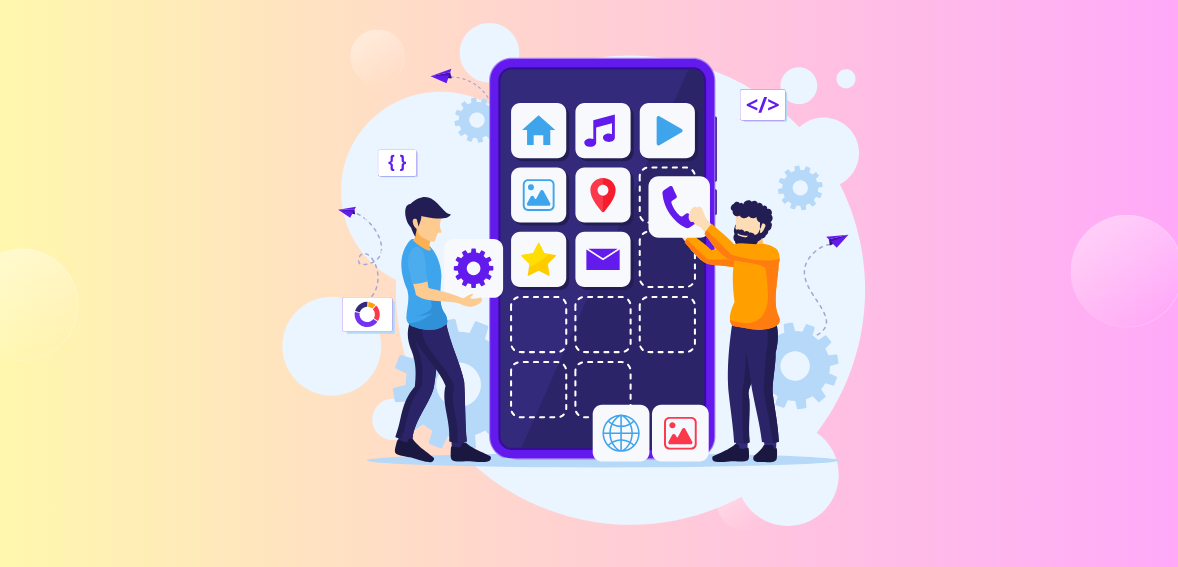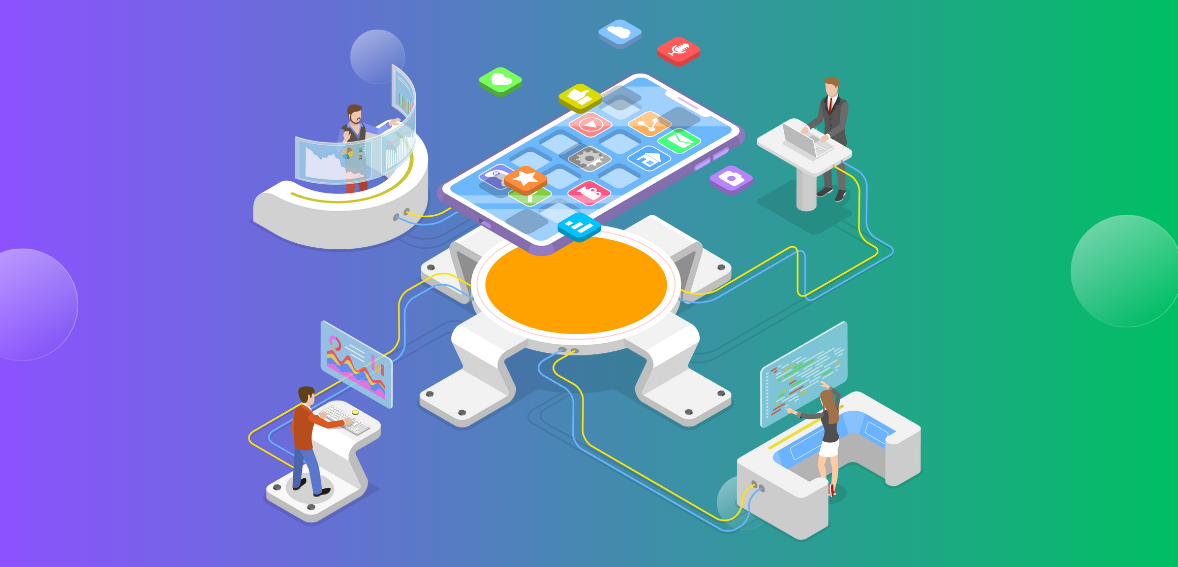Introduction
nnnnWhen you think of cloud computing, what comes to mind? Perhaps you picture a massive data center with servers spread across multiple floors, or maybe you imagine a cluster of computers in a windowless room. But if you’re like most business owners and IT professionals, your vision may be more like one of those small-town coffee shops where everyone knows each other. In this type of environment, it’s often not just the size that counts but also how well the store can adapt to its changing customer base.
nnnnCloud computing provides this opportunity for businesses to scale their services quickly and easily—they don’t need large server farms or expensive equipment to get the job done. But when choosing between an on-premise solution and cloud computing for your business (or simply choosing between two similar products), there are some things you should consider first:
nnnnThe Difference Between Cloud Computing and a Traditional On-Premise Solution
nnnnCloud computing is a type of computing where the processing power and storage capacity are located in a remote data center. On-premise solutions are also known as on-site or on-premise technology, where the processing power and storage capacity are located on-site.
nnnnCloud computing has many benefits over traditional on-premise solutions including:
nnnn- n
- Scalability (you can dynamically add processing power and storage capacity) – The cloud allows businesses to scale up or down their resources at any time without having to purchase expensive hardware or software upfront. This makes it ideal for startups that need access to additional resources quickly during their growth phase but don’t want to invest much upfront either because they may not be able to afford such investments at this stage in their lifecycle. nnnn
- On-demand capacity (you only pay for what you use) – In contrast with most traditional data centers where there isn’t any control over how much money goes into paying rent per month ($300-$600+), companies can now choose from various plans available within each service provider so they only pay according to how much usage occurs throughout each month rather than being locked into one price range forever like before when obtaining these services required purchasing licenses from network providers themselves which cost thousands upon thousands per year depending upon which type was chosen: DSL/Cable modem(s) vs Fibre optic cable connection(s). n
Cloud Computing Benefits
nnnnCloud computing benefits are:
nnnn- n
- Flexibility. The cloud allows you to scale up and down as needed, so you don’t have to worry about your IT infrastructure taking over your business or slowing down its performance if too much traffic is running through it at once. nnnn
- Cost savings from not having to buy physical servers, pay for maintenance on them or worry about data security issues like malware and ransomware attacks (which have become more frequent in recent years). nnnn
- More features than traditional on-premise solutions allow for greater control over security settings such as firewall rulesets and virtual machine snapshots—allowing users greater flexibility when setting up environments for specific tasks like testing new applications before deployment onto live servers. n
On-Premise Solution Benefits
nnnnOn-premise solutions offer the following benefits:
nnnn- n
- Security. With an on-premise solution, you are able to control your data and access it only when necessary. This means that when a customer accesses or shares something with you, they need to enter their credentials before they can do so. It also means that if someone tries to access something inappropriately (like hacking into your system), there is no way for them to get around this restriction without getting caught red-handed! nnnn
- Control over what gets stored where and how long it stays there before being deleted forever; this eliminates any risk of data loss or accidental deletion of important files due to human error alone—which could lead down a path of legal trouble later down the road if left unchecked long enough.. n
Which One Is Better For Your Business?
nnnnThere are many reasons why cloud computing is a better choice for your business. It can offer you more flexibility and features, it’s cheaper, and it’s more secure.
nnnnCloud Computing has a lower total cost of ownership (TCO) because you don’t have to purchase hardware or software licenses. The TCO also includes cloud-based maintenance costs that are usually included in the monthly subscription fee for on-premise solutions like Oracle Database Cloud Service (ODBC).
nnnnCloud Computing allows you to focus on your core business instead of having to worry about running IT systems like an administrator would do with an on-premise solution. This means fewer hours spent managing servers, monitoring software updates, and maintaining security controls, and more time spent doing what matters most: growing your company!
nnnnThe cloud is more flexible, cheaper, and can offer more features than an on-premise solution.
nnnnThe cloud is more flexible, cheaper, and can offer more features than an on-premise solution.
nnnn- n
- Flexibility: You can easily scale up or down as your business needs change. This means that if you have too many users, or if they start using the service less frequently, then it’s easy to reduce their number without affecting your functionality. nnnn
- Cost savings: You only pay for what you use rather than having to buy licenses for each machine individually. In addition, because there’s no upfront investment in hardware or software licenses (and therefore no ongoing expenses), this also means that startups with limited funding may be able to get started faster by using cloud computing services instead of buying their own equipment first before moving into production mode later on down the line when they’ve got enough capital available.” n
Conclusion
nnnnThe cloud is more flexible, cheaper, and can offer more features than an on-premise solution. If you’re looking for a cost-effective way to upgrade your IT infrastructure and gain access to new technologies, the cloud might be right for your business.
n



